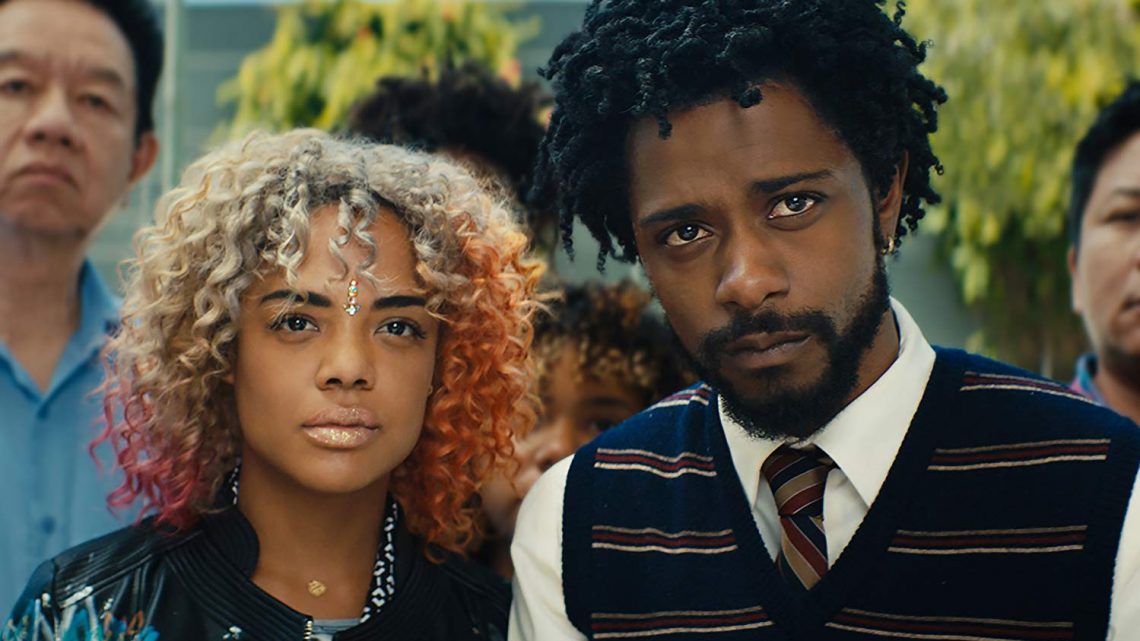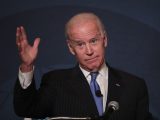
Boots Riley Doesn’t Need an Oscar Nomination, According to Boots Riley
January 23, 2019The same thing happens every year: Oscar nominations are announced, some strong contenders get snubbed, and fans air their disappointment. This year, Timothée Chalamet and Ethan Hawke are among the more notable shutouts, as are films like If Beale Street Could Talk and Crazy Rich Asians.
A lot of the online chatter on Tuesday surrounded Boots Riley’s film Sorry to Bother You, which wasn’t nominated for a single award, despite being one of the buzzier films of last summer. Riley took to Twitter to address the outcry and wound up schooling fans on the logistics and industry politics that dictate awards consideration. (His full thread is embedded at the end of this post.)
“The largest factor as to why we didn’t get nominated is that we didn’t actually run a campaign,” Riley tweeted on Tuesday afternoon. What he means is that for a film to be in the running, producers have to lobby the people who get to vote for awards. In the case of the Academy Awards, that’s 7,902 voting members as of December 2018.
In other words, it’s not enough for a movie to be beloved by audiences. Winning awards means charming the right Hollywood insiders. And all of that campaigning takes a lot of time, effort, and—most importantly—money. According to The Guardian, running an Oscar campaign costs between $5 million and $8 million. Simply mailing packaged DVD screeners to at least 70,000 (and counting) industry members can cost up to $35 per screener, according to Variety. That's a cost of $2.45 million. If a studio mails an unmarked screener via ground mail it's still a six-figure spend, Variety also notes.
That’s a tall order for scrappy indie films like Sorry to Bother You. Riley is first and foremost a rapper and activist. He’s an industry outsider, and he’s been forthright about how hard it was to get his film made. When VICE’s Beckett Mufson tweeted at Riley with his own take on why Sorry to Bother You may have been snubbed, the director responded with even more behind-the-scenes intel on how he made the film on a shoestring budget.
Ultimately, the value of an Academy Award nomination is hard to quantify. When a film does get an Oscar nod, it usually translates to a bump at the box office, according to CBS News. For many artists, an award often signals a salary increase on future projects.
As Riley seems to know, getting snubbed isn’t a death knell. Just ask Spike Lee, who at 61 finally received his first Best Director nomination for BlacKkKlansman, nearly 30 years after Do the Right Thing wasn’t nominated for Best Picture or Best Director at the 1990 Oscars. Lee did get a nod for Best Original Screenplay that year, but the prize went to Dead Poets Society, and the experience left Lee ambivalent about awards.
“To be honest, after Do the Right Thing, I said, ‘That’s it.’ You know?” he told GQ while promoting BlacKkKlansman. “That’s not to say I wasn’t happy to get the honorary award, but as far as Oscars, my thing has always been my body of work. What film won best film of 1989? Driving Miss Daisy. Driving Miss motherfucking Daisy. Who’s watching that film now?”
At its core, Sorry to Bother You is a takedown of capitalist institutions and a critique of our propensity to trust them. Hollywood aims to make money, plain and simple. So unfortunately, it makes a twisted sort of sense that the Academy—itself founded by an MGM studio boss—would snub an artist agitating for revolution. As Riley sagely pointed out in his Twitter thread, taking home a golden statuette might be nice, but getting more people to see his film is the real win.
Sign up for our newsletter to get the best of VICE delivered to your inbox daily.
Follow Kara Weisenstein on Twitter.


